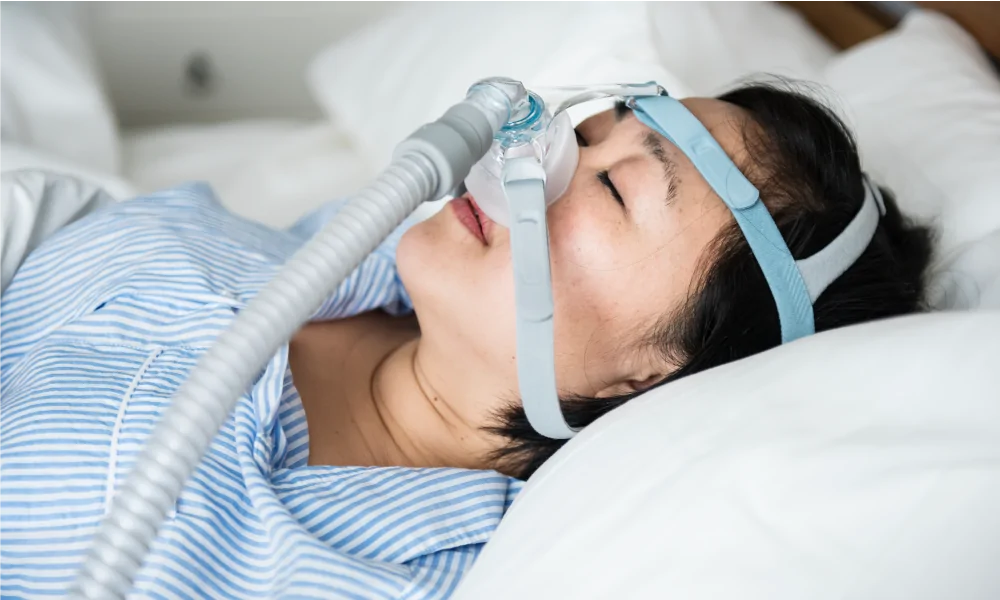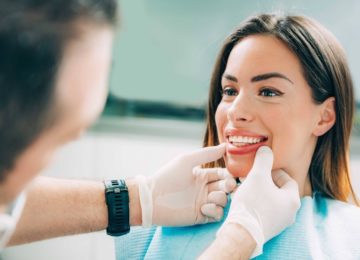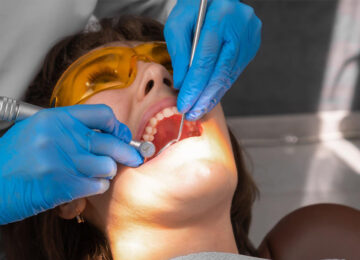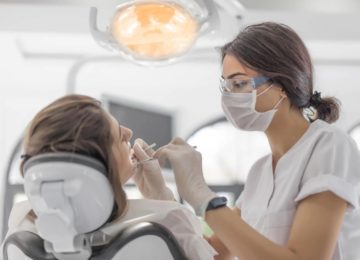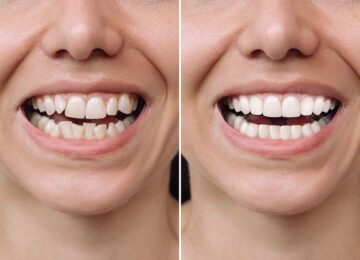Oral care and hygiene impact your dental health and overall health. Maintaining good oral health helps you avoid a lot of dental issues that can lead to complications when not addressed right away. Part of oral care is getting regular dental exams and cleanings. A cosmetic dentist in Lawrenceville, GA can perform procedures to fix dental flaws and address dental issues such as the following:
Dental Cavities
Dental cavities are holes in the teeth that occur because of bacterial buildup in the mouth. These holes must be filled to avoid further deterioration. Also, dental fillings will make the compromised teeth stronger. With fillings, the tooth with a cavity may crack, fall out, or crumble. A cavity can present symptoms such as pain, sensitivity, tenderness, loosened teeth, and difficulty chewing. Also, food tends to get stuck in the hole. Your dentist may use composite resin to fill your cavity.
Stained Teeth
Dull, discolored teeth are not aesthetically appealing. While there are store-bought teeth whitening products you can get to improve your smile, they may not be as effective as in-office whitening. Also, your dentist can offer you highly effective whitening trays you can use at home. These trays have a higher concentration of bleaching agents than the majority of over-the-counter teeth whitening products.
Depending on your goals, your dentist will choose a solution to achieve your desired whiteness level. Keep in mind that the results of every patient differ; however, the process will lead to whiter teeth. During the procedure, tooth sensitivity may be experienced if you have tooth decay, gum disease, or sensitive teeth. Remember that some medications can cause teeth staining. Speak with your healthcare provider about this problem. To maintain the whiteness of your teeth, avoid or limit consumption of staining foods and beverages like tomato-based sauces, wine, coffee, and chocolate, avoid tobacco products, and stick to a good oral hygiene routine.
Sleep Apnea
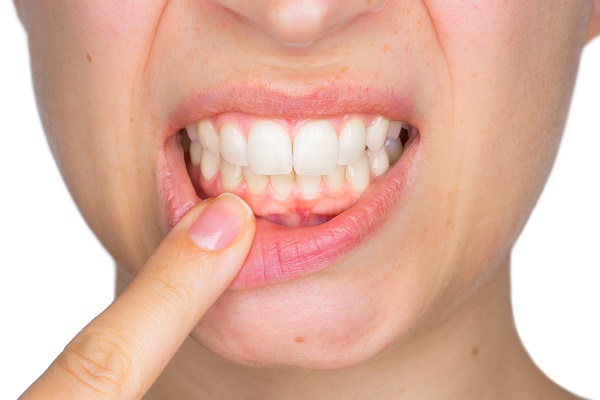
If you cannot sleep or stay asleep, you may have obstructive sleep apnea. This is characterized by irregular breathing while you sleep, leading to disruptions, gasping for breath, and shallow breathing. Choking or snoring can be expected since the air passage is impacted due to the collapsing of the throat muscle. Obstructive sleep apnea doesn’t just impact sleep and daytime alertness but also results in other medical issues like high blood pressure, stroke, obesity, heart disease, depression, and diabetes. If you think you have this condition, speak with your dentist. The dentist may recommend an oral appliance to keep the air passageway open. A more serious sleep apnea may require a CPAP device.
Temporomandibular joint disorder (TMJ) impacts the part of your jaw that connects to your skull. TMJ can lead to jaw pain, difficulty speaking or chewing, jaw clicking, jaw locking, and jaw stiffness. TMJ can develop because of a jaw or teeth injury and misaligned teeth. It may get worse when you grind or clench your teeth. Other causes of TMJ include stress, nail biting, poor posture, arthritis, and gum chewing. Your dentist may recommend that you wear a mouth or bite guard to relieve your symptoms. Also, some medications and physical therapy can help. If you suffer from TMJ because of an orthodontic problem, you may benefit from dental braces.
Periodontal Disease
Tooth decay can spread to your gums, resulting in infection. Sometimes, the infection can spread to your bones. Maintaining good oral hygiene is important to keep your teeth and gums healthy. Your dental examinations will include finding signs of periodontal disease. Common symptoms of this disease include gum pain and tenderness, loose teeth, gum abscess, gum recession, bad breath, bleeding gums, and gum line pockets. Gum disease can result in tooth loss and spread to other body parts, leading to infections.


